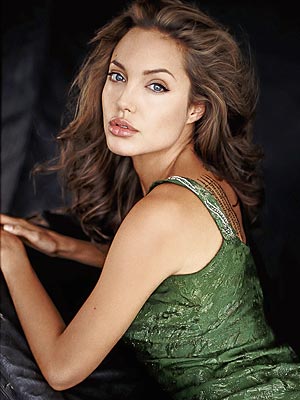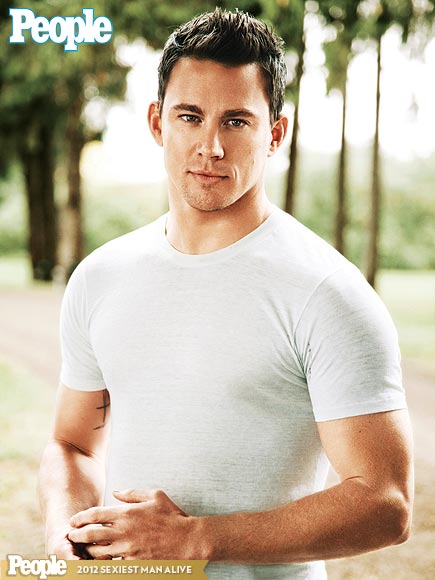I came out at the end of college and stopped dating men. I
do, however, still tend to flirt with them.
Why does this still happen?
Is it my naturally flirtatious personality? My love of
attention? My enjoyment of all very personal, intensely private, and intimate
details of other people's lives? An urge to fit into a heternormative
lifestyle? Repression of my full lesbian identity?
I honestly don't know. It's likely a combination of all of
these, or at least most of them. (Flirting is also a multifaceted term that
I'll dissect a little bit later.)
More interesting are the reasons why I haven't given this
habit up.
I have this theory that most (and I repeat, most. I'm
making generalizations here, people) heterosexual men don't learn how to
converse about feelings and emotions until they date their first serious
girlfriend. I don't think our society encourages men to express most of their
feelings, especially not with each other.
What I get the opportunity to do then, is talk about
feelings and emotions with men on a platonic level. Being a lesbian removes me
from having an agenda. I have no intention of dating the guy, I'm not looking
for a one night stand, in fact, I've completely taken both romance and sex off
the table. I'm not threatening to other women and I don't have ulterior
motives.
In fact, I would argue that my relationships with men have
gotten immensely better since I came out. Gone is that question of if there's
something bigger going on between us. Gone are the awkward "are we on the
same page" questions. I drop the "I have a girlfriend" line in
the first five minutes of our conversation and all of a sudden I have
simplified the equation. (This isn't to say that every guy I talk to is into me and
that playing the Lesbian Card lets them down easy. This also eliminates their
concern that I'm into them when they aren't into me.)
Awhile back, Madie wrote a blog about a court case in Iowa.
In short, a man fired a woman for being too attractive, which for him equated
to being too seductive. In order, he said, to continue being faithful to his
wife, he had to end his professional relationship as a boss to an attractive
woman, even though she maintains that she had no interest in him romantically.
In essence, he didn't believe he could keep it in his pants with her around,
despite her disinterest.
This case demonstrates a deep seeded belief in America that
women and men can't be friends, especially if there's any attraction between them. There's too much chemistry, too much seduction,
too many SEX THOUGHTS, the theory goes, for men and women to be in platonic
relationship with one another.
This is such a detrimental line of thinking. I'm not trying
to argue that all women and all men have to be friends, in fact I think there
are some decent reasons some men and women are not always friends. But folks: we
have so much to learn from each other. Listen, I might be a lesbian, but I
have no idea what it's like to be a man. I don't even date them!
When I titled this blog, I used the word "flirting."
I've always used the term to label my behavior when I'm asking men about their
lives. A more fitting description? Confidently asking personal questions and
sticking around to hear the answers. But I've always called it flirting because
it seems so ingrained in our culture that men and women can't or wouldn't have a serious
conversation about their personal lives without sexual chemistry.
Being a lesbian is a strange but real loophole in the old
women-and-men-can't-be-friends way of thinking. Because I don't date men there
is a removal of the possibility, the removal of an agenda. So I've managed to
avoid the problem myself, but most men and women continue to face this
challenge.
I don't get it - because when women (ok, women in my life
anyway) hang out, most of what they do is talk about their feelings, their
relationships, their ideas about life, etc. I do this with other women constantly,
straight and queer alike, without having awkward confusion about if
we're into each other. Why wouldn't women and men be able to converse together about
these same things without these problems?
All of us, straight or queer, even those of us in
relationships, interact often with people we find attractive. That's right, I
said it: we - single and committed - are all wandering around the earth feeling
attracted to people who aren't our significant others. And you know what those
of us who are in monogamous relationships do about it? Well, hopefully,
ABSOLUTELY NOTHING.
I know we all like to think that once we fall in love we
stop being attracted to everyone else on the planet, but in my experience
that's just not true. What's also not true is that if we are attracted to
people we must follow our urges. In short, we can be attracted to people we
choose not to be with.
There's a problem if we have to fire our employee simply
because we're attracted to her or him. There's a problem if men and women can't
be friends because they can't handle themselves to have a platonic relationship
with someone to whom they may or may not be attracted.
I'd love to hear your thoughts.
Love Always,
Kelsey







